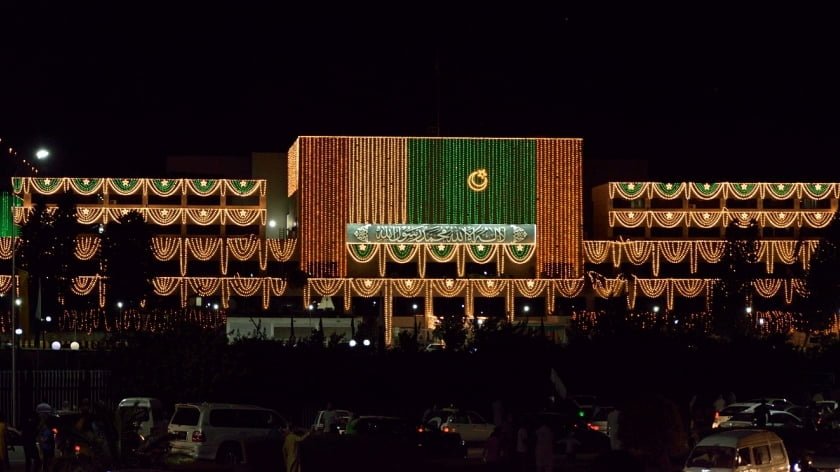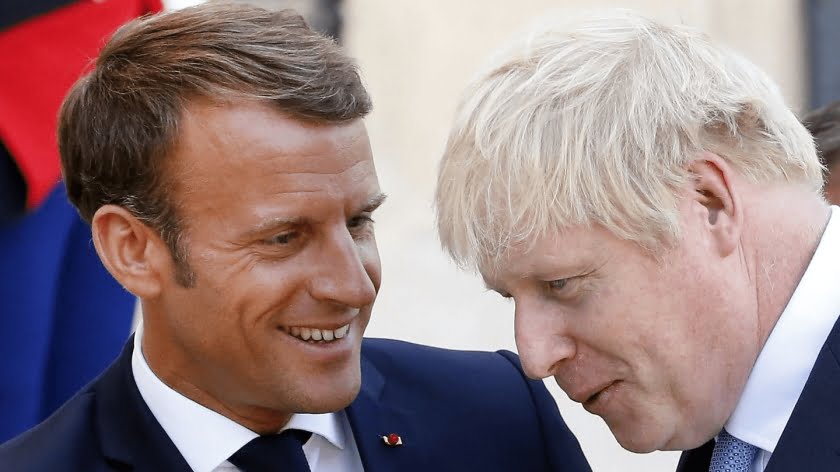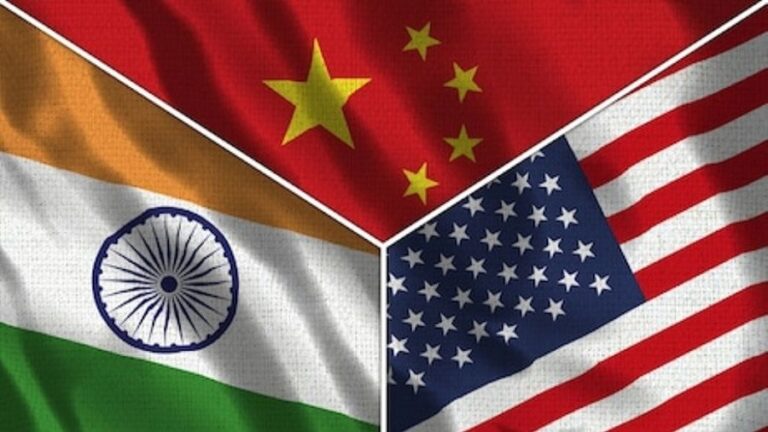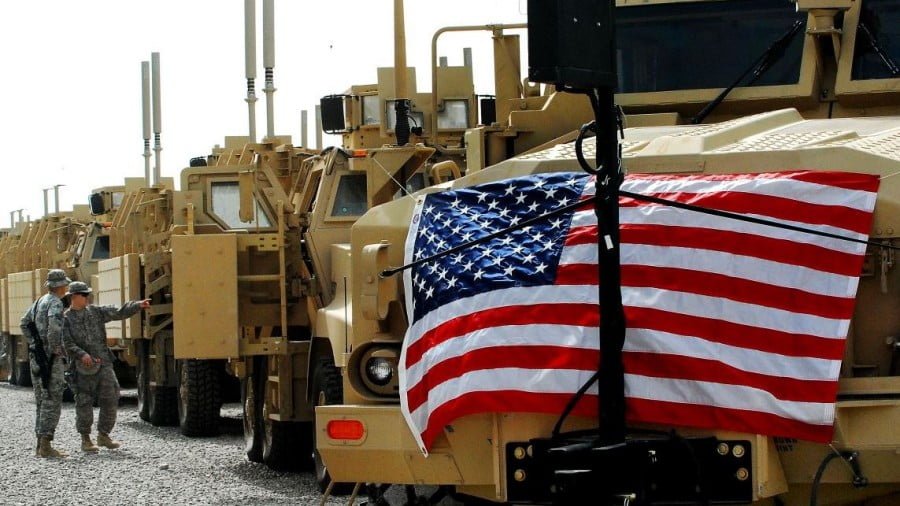Decades of Insular Pakistani Leadership is to Blame for the World’s Failure to Care About Kashmir
Yesterday, India effectively annexed the formerly occupied region of Jammu and Kashmir by abrogating Article 370 of the Indian constitution and the related presidential order 35A. 370 provided for limited autonomy in Jammu and Kashmir whilst 35A forbade non-Kashmiris from purchasing real property in Jammu and Kashmir. With these provisions gone, New Delhi is set to build so-called settlements of non-indigenous peoples in a further attempt to weaponise a change in the demographic makeup of the majority Muslim region that the UN still recognises as a disputed territory. Furthermore, the sub-region of Ladakh which has been part of Jammu and Kashmir since before the foundation of modern India will become a separate entity to be ruled directly by New Delhi. This itself has destroyed the indivisibility of Jammu and Kashmir as demanded by the UN.
Many in Pakistan now fear that either a short term attempt at genocide against the Muslim majority of Indian annexed Jammu and Kashmir will take place or that otherwise an intensified campaign of ethnic cleaning is about to commence. The inward flow of thousands move heavily armed Indian soldiers into Jammu and Kashmir has only added fuel to this potential fire whilst the withdrawal of Hindu pilgrims from the disputed territory is an equally ominous sign.
In either case, the wider world has ignored the issue with the exceptions of the Turkish President and Malaysian Prime Minister who have each expressed concern in phone conversations with Pakistani Prime Minister Imran Khan. But everywhere else in the world, the story hardy registered. This latter point is as important as the events on the ground in Kashmir.
The reality of a world ignoring Kashmir contrasts sharply with international reactions to the Israel-Palestine crisis – a crisis that is as old as the one in Kashmir. Whenever a major or even medium sized development occurs in the Levant, pro-Israeli and pro-Arab countries, media outlets and powerful individuals go into overdrive promoting their side of the issue. Even in war torn Syria, whenever a major conflict flares up, the UN is quick to address the matter whilst emotions tend to fly between multiple nations – most notably between the US and Russia.
Why is this the case? Why is it that Kashmir is ignored even when a major event occurs? The blame for this lies ultimately at the feet of multiple Pakistani governments whose lethargy, parochial attitudes, corrupt leadership and insularity have led the world to lose whatever interest it might have had in Kashmir. For India, a country that typically and cleverly maintains two distinct national narratives, one for internal consumption and one for international audiences – little needs to be said to the outside world about its version of developments in Kashmir. India is well aware that until and unless war breaks out between two nuclear armed neighbours, no one in the wider world will care what New Delhi does in or to Kashmir.
This contrasts sharply with the situation in the Levant where every move made by Israel and Hamas and likewise every move made by Syria’s Assad and Assad’s opponents is watched intensely by the international community whilst reportage from multiple media outlets is both forthcoming and amplified in such situations.
The fact of the matter is that Israel and Palestine have excellent media support across the world. Although bitter enemies, both sides of that dispute have an ample amount of highly articulate representatives across multiple languages and all of them are willing, able and ready to speak up at a moment’s notice. Even when tensions aren’t particularly flaring, the Israel and Palestine conflict is never far from the news. There are in fact parallel pro-Israel and a pro-Palestine cottage industries designed to keep the issue in the headlines on a near 24/7 basis.
Kashmir by contrast is a little discussed subject outside of south Asia. That being said, in the run up to India’s de facto annexation of Jammu and Kashmir (as well as a separate annexation of Ladakh), Pakistani media tended to focus more on feuds between dynastic political oligarchies than on the burning issue of a Kashmir conflict that could ostensibly be headed towards all out war between nuclear powers.
If Pakistan itself ignores this burning issue, how can the rest of the world be expected to pay attention?
This is why the situation has become more and more difficult to de-escalate. At least in the Levant, every side knows that they are under a constant international media microscope for better or for worse. This is as true of the Israel-Palestine conflict as it is in respect of the conflict in Syria.
Pakistan has objectively failed to inform the world about Kashmir, its position on Kashmir and the internal situation in Kashmir. As a result, Narendra Modi’s BJP government did the inevitable and pounced whilst the iron was hot, knowing full well that the outside world simply does not care about the situation enough to raise so much as a muted fuss.
Pakistan continues to be haunted by decades of poor leadership beginning at least in the 1970s. Until and unless this changes, the lives of Kashmiri civilians will go from bad to worse.
By Adam Garrie
Source: Eurasia Future








Well yes but do we really expect CIA puppet regimes to have done that?